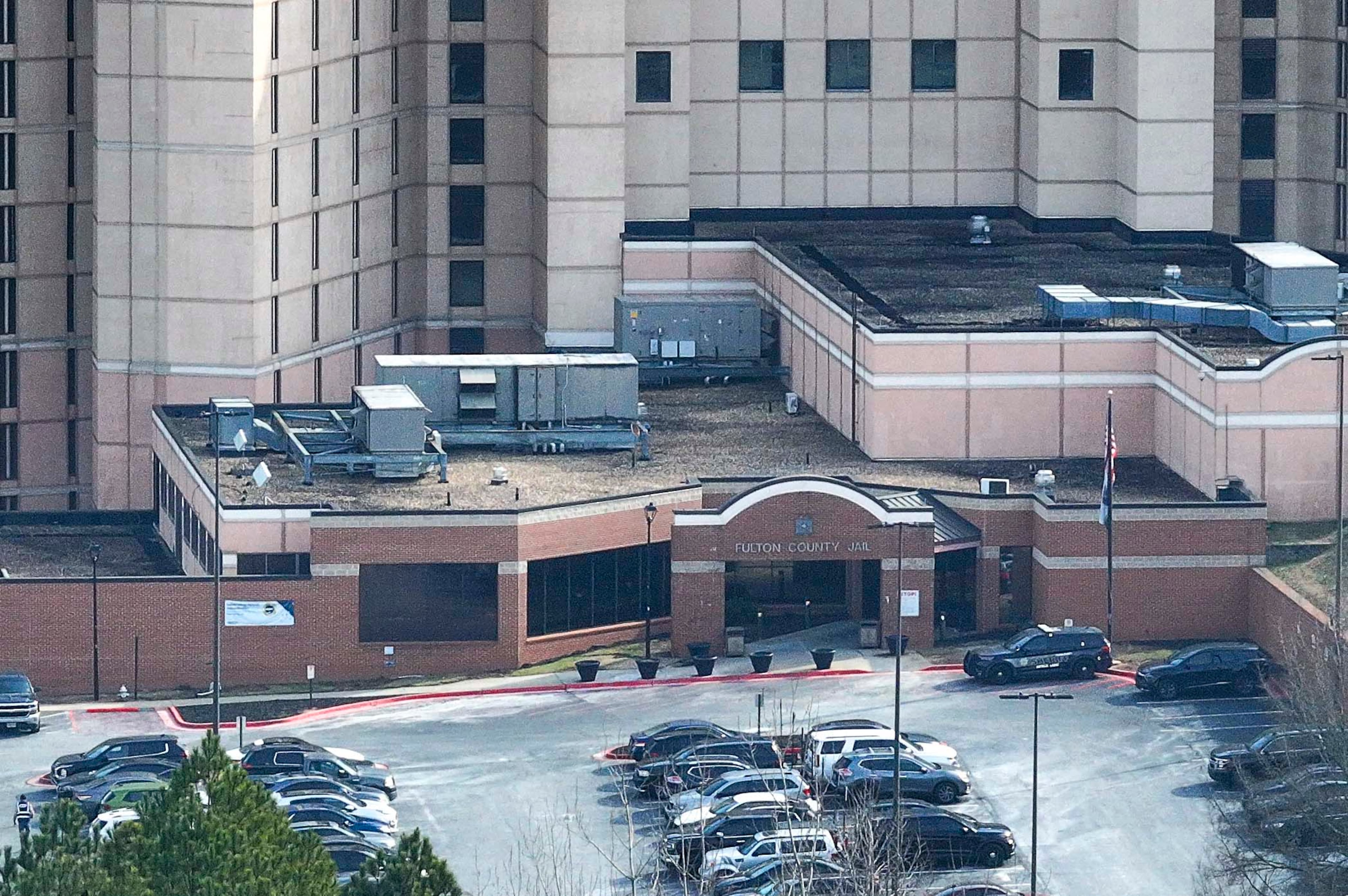Historic Rosenwald School enters new phase

When he was a kid, Tim Houston attended birthday parties at what was called “the Community House,” a one-room clapboard building in Acworth’s black neighborhood. Adults went there, too, for parties, wedding receptions, reunions and church homecomings.
“It’s always been the heartbeat of the community,” said Houston, now an Acworth alderman.
The younger Houston didn’t know he was hanging out at a building with historic value. Nor did he know the building would not only survive but be celebrated, starting this weekend.
The building is a Rosenwald School, one of 5,300 that Julius Rosenwald, philanthropist and president of Sears Roebuck and Co., helped build for black children in 15 Southern states from 1912 to 1932. Booker T. Washington joined the effort, and black communities raised matching money to help build the schools.
In Georgia, 242 Roswenwald Schools were constructed. Only 46 still stand with 23 now in use, mostly as community centers, said Jeanne Cyriaque of the historic preservation division of the state Department of Natural Resources. The rest fell to neglect or progress.
The Rosenwald School in Acworth, built in 1924 on School Street, has been on life support more than once.
In the late 1940s, when Cobb County planned to demolish it for a new building on the same spot, the black community mounted a rescue effort. They dismantled the old building board by board and transported the pieces to Cherokee Street.
Working on weekends and after finishing their jobs, Acworth’s black community rebuilt the schoolhouse. It reopened in 1953 and served as a gathering place for kids and adults, but it went through periods of little use and low maintenance. Houston said it was condemned at one point.
In the early 1990s, Houston became the leader of the community house board. The building was fixed up again and rented out for dances and parties. But maintenance was an ongoing project.
The Cobb Landmarks and Historic Society, a local nonprofit, noticed and helped snag a $50,000 renovation grant from Lowe’s Charitable and Educational Foundation. Lowe’s dedicated $2 million, to be administered through the National Trust for Historic Preservation, to save 33 old Rosenwald Schools.
A historic education element was added through the public history program at Kennesaw State University. Drs. Catherine Lewis and Jennifer Dickey created hanging panels about the history of the school, the Rosenwald Fund and Julius Rosenwald, with a panel about the history of Acworth’s black community to be added later.
Finally, the Acworth city government agreed to take ownership of the old school. The city paid for the rest of the renovation and will maintain the building.
Acworth’s Rosenwald School enters a new phrase of life, a new period of appreciation. It begins Sunday afternoon, when the Cobb County NAACP gathers there to continue its celebration of the national organization’s 100th birthday.
And two local churches will celebrate homecoming Sunday. The members know exactly where to go: the Acworth Community House.


